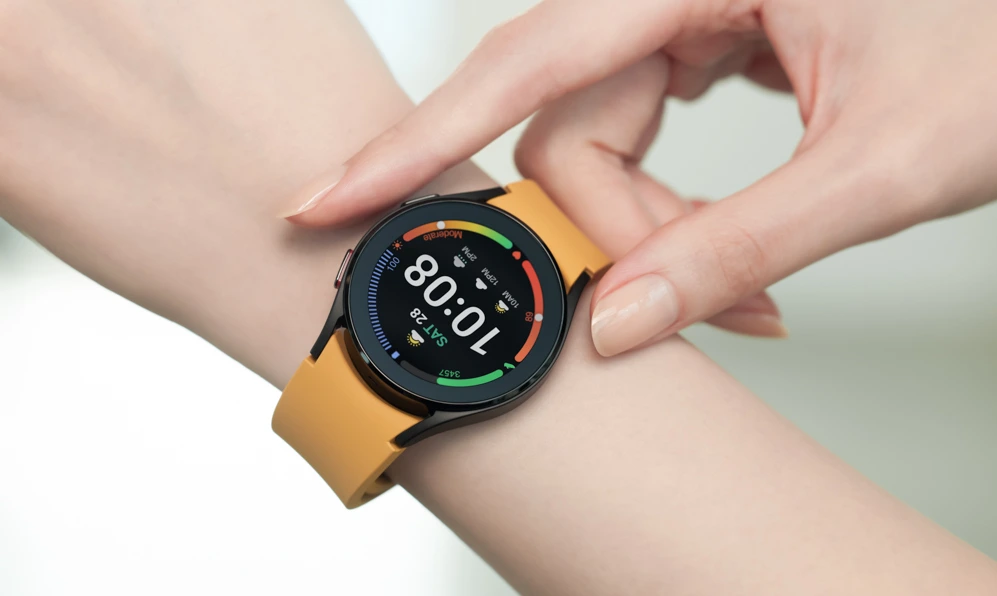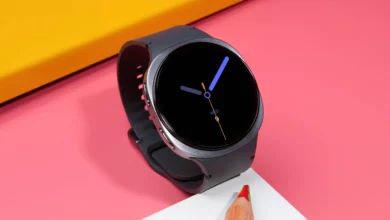Samsung Galaxy Watches can improve the lives of people with epilepsy

Today’s smartwatches have various health-related options and features in them, and so do the Galaxy Watches, in order to detect and prevent symptoms of diseases if the user has any. Some health-related smartwatch features, such as Blood Pressure and ECG, are already known, but there are some more coming, about which you don’t know. According to the SingeltonArgus portal, they could even improve the lives of people with epilepsy.
If you are unaware, epilepsy is a disease that causes seizures and severe collapses. As per the recent report, a study is being performed to know smartwatches’ ability to detect the user’s stress signals. If you don’t know, stress signals are chronic stress that increases the frequency of seizures in those who are dealing with epilepsy. Being able to detect those signals will surely prevent the seizures caused by epilepsy.
Google adds battery-saver toggle in Pixel Watch inspired by Samsung Galaxy Watches
Let us tell you many experts are involved in this study, which will surely be proven a lifesaver for patients of epilepsy. Aileen McGonigal, professor of neurology, said that this study aims to detect signals of each and individual stress reaction. After the smartwatch device be able to understand the stress signals, the device will alert the user if there seems to be anything wrong with its health.
Galaxy Watch 4/5: Download the Watchface of Google Pixel Watch
Informatively, the seizures caused by epilepsy lead to falls, fainting, and unconsciousness, which sometimes can be life taking too. So, many experts are working to develop a function that will call for help if the user faints. After the function got ready to use, it will make its way to some Galaxy Watches as well, which will be indeed helpful for the users.



